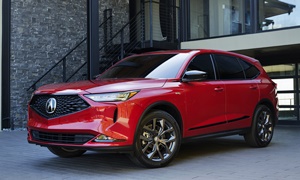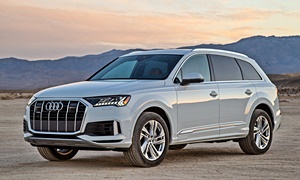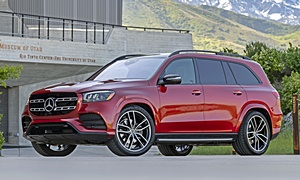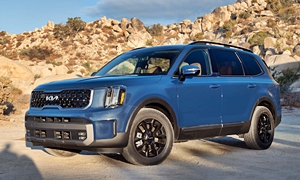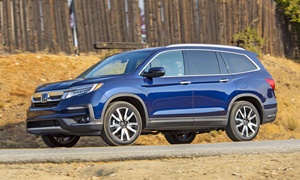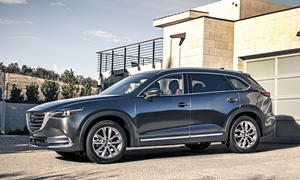My extended warranty experiences have been mixed. Here is my report card to you on the different ones I have bought:
2001 Acura TL - did not buy an extended warranty. Transmission went out at 60,000 miles but fortunately Honda had extended the standard warranty to 100,000 on it. They paid for the transmission, but it took 6 weeks to replace and I paid for the rental car - adding up to about $3500 in rental costs. Sold car to someone warning them about transmission isssues at 90,000 in 2006, it failed on them again at 121,000 in 2009 and the car was junked.
2003 Honda Accord V6 - bought the extended warranty and this is the one case it worked out. It cost $800 for 5 years and I lost one transmission at 30,000 and another at 60,000. Both were replaced at no cost and the rental was mostly covered by them as well (they gave me a car for $10 a day, and repairs in this case took about one week so about $50 in cost). For $800 two transmissions was a good deal. Transmission failed a third time at 145,000 and that car was sold for scrap in 2013.
2006 Saab 9-3 - bought the extended warranty and never used it. No problems the first 100,000 miles so lost $1500 on that extended warranty. Sold the car at 188,000 miles in 2018 when a tree fell on it - mechanic bought it for $300, fixed it for $3500 and sold it to a college student with a new subframe, radiator, oil pan, and valve train. Now has 220,000 and still running today.
2013 Subaru Legacy H6 motor - started burning oil at 40,000 miles. Subaru of America and the dealership agreed that one quart every 4000 miles (I change it every 5000 miles, way under the 7500 limit) is normal operation. As a result, the extended warranty for $2000 was useless. Now at 5.5 years old the warranty has run out and it has nearly 100,000 miles on it and we never got anything out of this warranty either.
2018 Buick Envision - replaced the Saab last April when a tree fell on it. Bought it at a huge $18,000 discount under list because the 2019 came out the same time and they had 42 of them on their two lots. Did not buy the extended warranty as the last two cars were not worth it. Now will hit 17,000 today in a little less than a year of ownership with no problems. About 17% through the extended warranty in one year (most are 5 years or 7 years). So in five years I will probably be through it if I had bought it. Because I bought this car so cheaply, I decided against the extended warranty which would have cost me another $3000. Between the $18,000 off of list and the additional $3000 that was $24,000 saved. I could not make the financial numbers work as I could replace four transmissions for that price, and I even on my worst cars have never had to replace that much. So in this situation, an extended warranty made no sense.
My experience is quite diferent from benck55, but he seems to believe that the Germans do stand behind their warranties. If they do then it may make sense but be aware most problems even on German models don't start until after they end at 100,000 unless they have a fault (like the Honda transmissions). I would be curious to know what the extended warranties did for him on his cars as in what was repaired. He obviously won't keep his cars as long as I do since there was an extended warranty left on the cars he bought. For piece of mind they are worth it if you value that sort of thing.
